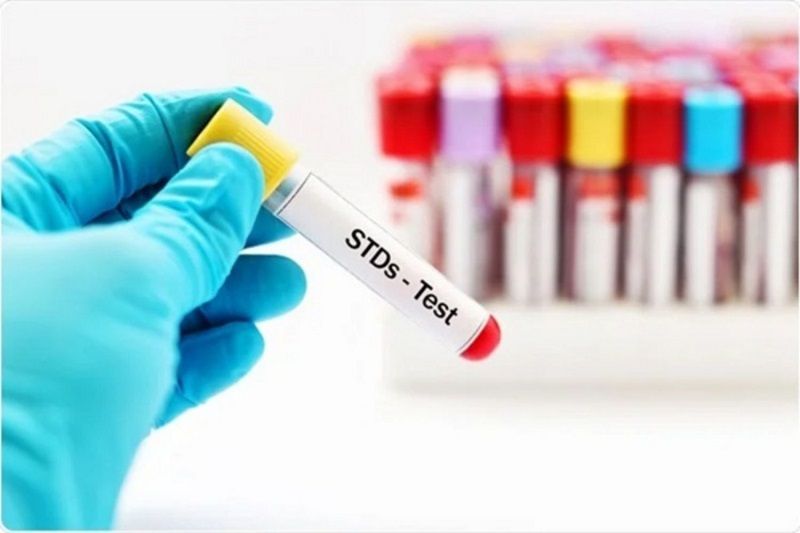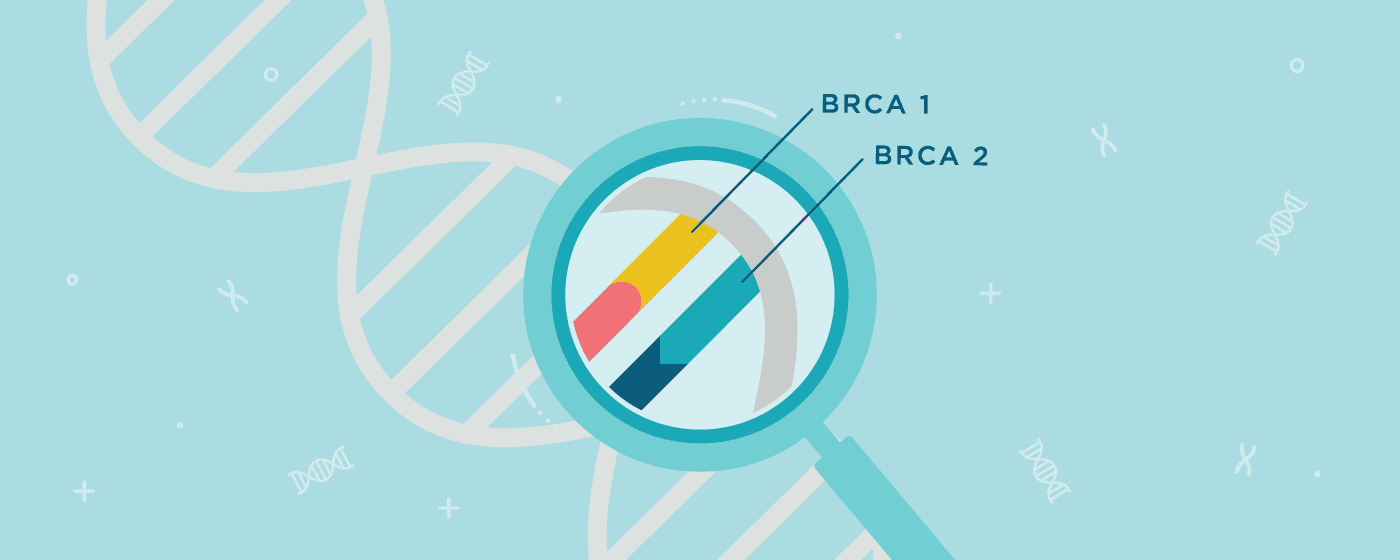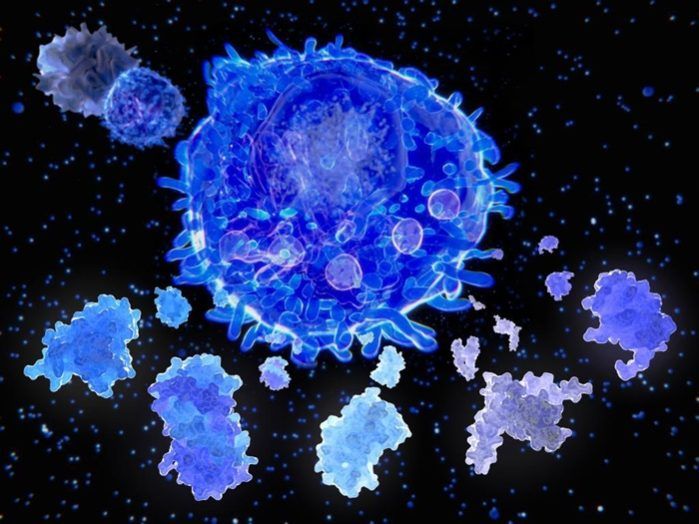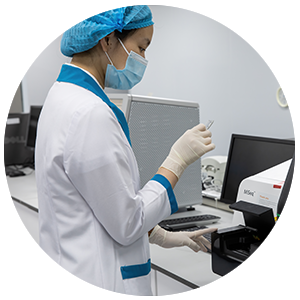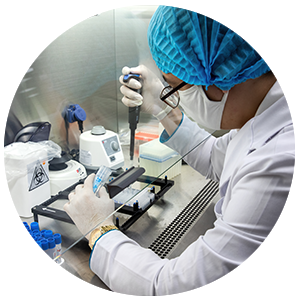STDs testing identifies 13 sexually transmitted agents (STDs)
What is STDs?
Sexually transmitted diseases (abbreviated as STIs or STDs) are diseases spread primarily by sexual contact, including vaginal, anal, and oral sex.
.
Some STDs can be spread through non-sexual means such as through blood or blood products. Many sexually transmitted diseases - including syphilis, hepatitis B, HIV, Chlamydia, gonorrhea, herpes and HPV - can also be transmitted from mother to baby during pregnancy and birth.
.
Chlamydia and gonorrhea are important causes of pelvic inflammatory disease (PID) and infertility. If not treated promptly, about 10-15% of women infected with Chlamydia will develop PID. Chlamydia can also infect the fallopian tubes without causing any symptoms.
.
STDs symptoms
People infected with STDs often exhibit the following symptoms:
+ Abnormal symptoms in the genitals such as ulcers, blisters, warts, itching, burning, redness, bleeding or unusual discharge.
+ Fever, chills, swollen glands in the groin, joint pain or skin rash.
+ There is unusual discharge from the vagina or the tip of the penis.
+ The anus or genitals are itchy, painful, red, burning or have unusual spots or ulcers.
+ These lesions may be painful or painless.
+ Painful, painful or burning urination, or more frequent urination than usual.
+ Unusual pain in the lower abdomen that has nothing to do with the menstrual cycle.
+ Pain during intercourse or bleeding after sex,...
.
Who should take STDs test?
You should get tested for STDs if:
+ Having unsafe sex with a partner other than your husband/wife or sexual partner with unknown sexual history
+ High-risk sexual activities: having many sexual partners or changing partners frequently, having sex with men
+ Have symptoms of STDs
+ Sharing injection and infusion equipment
.
STDs test at Phacolab
1. Detection scope: 13 common STD pathogens, including:
2. Bacteria:
- Chlamydia trachomatis
- Mycoplasma genitalium
- Mycoplasma hominis
- Neisseria gonorrhoeae
- Ureaplasma urealyticum
- Ureaplasma parvum
- Haemophilus ducreyi
- Gardnerella vaginalis
- Treponema pallidum
- Candida albicans
- Trichomonas vaginalis
3. Viruses:
- Herpes simplex virus 1
- Herpes simplex virus 2
4. Specimen: Vaginal fluid or urine
5. Time for results: 24 - 28 hours from sample receipt
.

